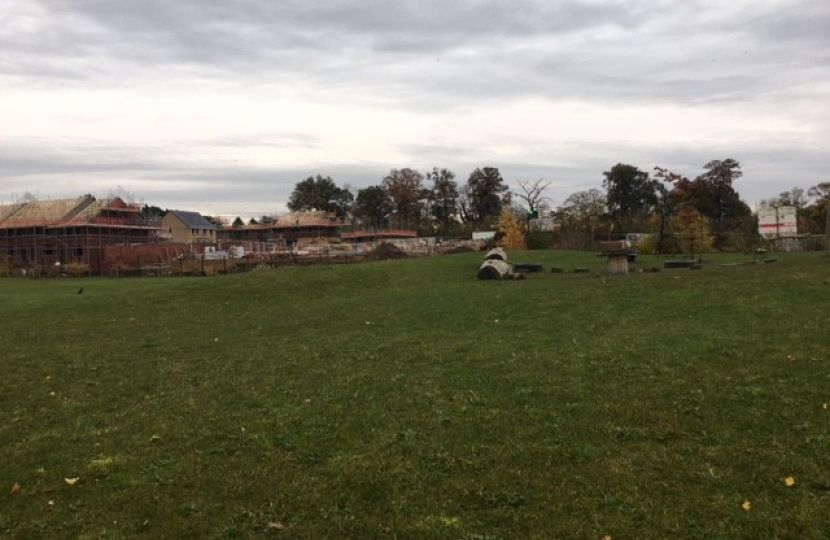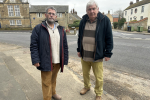
At yesterday’s Full Council, Cllr David Hopkins, ward member for Danesborough and Walton, was glad to see that the Milton Keynes City Council has agreed to progress study into air quality and the impacts of exposure to construction dust in Milton Keynes, in response to his campaign for investigation into the impact and long-term health implications of construction dust on local residents.
This decision is a complete U-turn from the Labour-Liberal Democrat Administration who have previously refused twice to support Cllr Hopkin’s campaign.
Cllr David Hopkins first brought his motion calling for this essential independent investigation in November 2023, after he and his residents became increasingly concerned about the level of dust present in and around schools and residential estates located near the many developments across the City. This motion was withdrawn and completely ignored by the Labour Group.
Despite this refusal to debate an issue that truly matters to residents, Cllr Hopkins further pushed his campaign at February’s Budget meeting, asking for funding to be allocated for the evaluation of the cumulative impact of developments on health outcomes yet once again, this was refused by the Progressive Alliance.
Following his efforts, Cllr Hopkins was pleasantly surprised to see his ward colleague Labour Cllr Tracey Bailey, who voted against both of his previous efforts, ask the relevant Cabinet member at yesterday’s Full Council to confirm that work will be undertaken to investigate air quality in Milton Keynes, including the implementation of ‘state of the art sensors’.
Cllr Hopkins said:
‘Over the last 12 years the areas in and around Wavendon and Woburn Sands (in particular Glebe Farm and Eagle Farm South , has seen continual construction activity, with numerous developments completed on an ongoing basis since 2010, and several more granted permissions and due to be completed by 2027.
As a result, residents in the area have had almost continuous exposure to construction and its impacts.
The physical environment is a key determinant of health. The impacts of construction activity on health outcomes are complex and are often overlooked in the planning process. Existing evidence of the way in which continual exposure to construction activity may result in health impacts is relatively limited.
I have been calling for a detailed report that would look to understand the impact that construction activity has had on the health of residents (in particular children), workers and visitors in the new built Wavendon area in particular, but with reference to MK as a whole and which would outline how current measures in place to address the health impacts of construction could be altered to improve health impacts in the future. I am pleased to see that having previously rejected the initiative on two occasions, that MK City Council has finally agreed to such an (albeit partial) investigation’.

